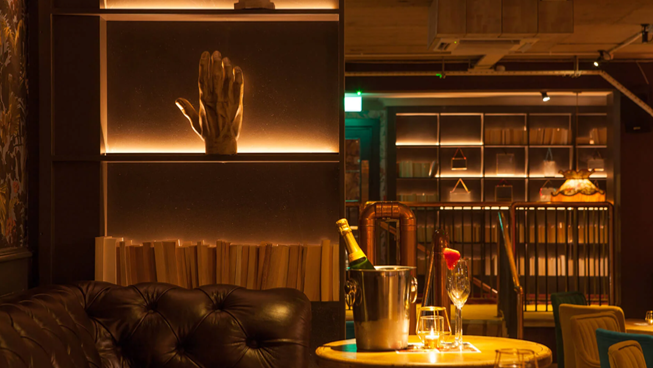Whenever I am asked about loyalty my first response is “there is no such thing” and yet as you read on you will see that I do still believe in the power of loyalty programmes, but only if they are well run.
There is nothing to stop even the smallest business from having a well-run programme, in the same way that there is plenty of evidence of large businesses having programmes that are not well-run.
But why do I suggest that there is no such thing as loyalty?
How many of you have a Sainsbury’s Nectar card and a Tesco Club card? How many of you have a Costa coffee card, a Caffe Nero card and possibly also collect the stickers from the sides of McDonald’s coffee cups?
If you are a business traveller, how many hotel guest loyalty programmes do you belong to and how many frequent flyer airline programmes are you a member of?
By now you will have got the point. Customer loyalty only extends to being able to collect benefits when actually using a particular brand. Do not kid yourself that a customer will choose your hotel because of your guest loyalty programme – they probably have a card for your competitors too. What will ultimately determine their choice of where to stay is location and price. They will not go miles out of their way to stay because of a membership programme and they will not pay any more than they have to, especially if it is their own money they are using. It’s slightly less price related if it’s a company footing the bill.
I actually prefer the term “Reward” programme to “Loyalty” programme. So that’s the customer, what about businesses? Do you really believe that a reward programme will deliver the best price? Take a look at any hotel website and try and find a discount for members; they will be offered the same on-line rates as everyone.
To look at this another way, let’s think outside of the tourism/hospitality industry and think about the last time you had to renew your car or household insurance. It’s quite normal now to find offers enticing new customers by providing a discount, but that discount is not being offered to existing customers.
One company actually advised me to cancel my insurance and take out a new policy in order to get a premium lower than the price on my renewal document. Twice recently, renewals were quoted at a 30%+ rate higher than the previous year (without any claims in the interim). On one of these I managed to get the rate down and on the other I cancelled and switched company. But I had to do the work. I had to make the call, so heaven help those people who automatically renew their policies year after year without checking or questioning.
But what’s the good news about reward programmes? Well, they can work, for both the customer and the company. The key is to give genuine benefits to members that they cannot get without being part of a programme. It might not be a discount; it could be a special package that is not on sale to others.
The payback to the company has to be data. Anyone who hands out a loyalty card without capturing any information at all is missing an opportunity to build a proper relationship with that customer and is also missing the point.
Small businesses are often much better at this than big ones because they really can get to know their customers, their preferences and their buying habits. It does not need a costly computer programme to run –an Excel spread sheet is enough.
Another opportunity open to small businesses is that of a community or cooperative loyalty scheme. In the village in which I live, a fashion shop has a Privilege Card scheme which includes benefits from 11 other local businesses – restaurants and tea rooms, the local golf course, spa, dry cleaner and gift shop.
In summary, it’s about ensuring that given a number of options, the customer chooses you. Personal service, personal attention and relevant offers are key to this. This can lead to repeat business, incremental spend and if you are really lucky, a bit of loyalty (on both sides).
David Curtis-Brignell has a great deal of experience in travel, tourism and hospitality in local government, a national tourist board, international hotel companies, a tour operator and travel services company. After over 14 years in marketing and hotel development roles within Millennium & Copthorne Hotels, he is now a freelance consultant specialising in small tourism and hospitality enterprises. His loyalty experience includes establishing the first international guest programme for Best Western Hotels, a unique smart-card driven international hotel programme and he is also an expert on frequent flyer programmes. He is currently Chairman of The Tourism Society and Chairman of VisitEngland’s ‘English Tourism Week’.





